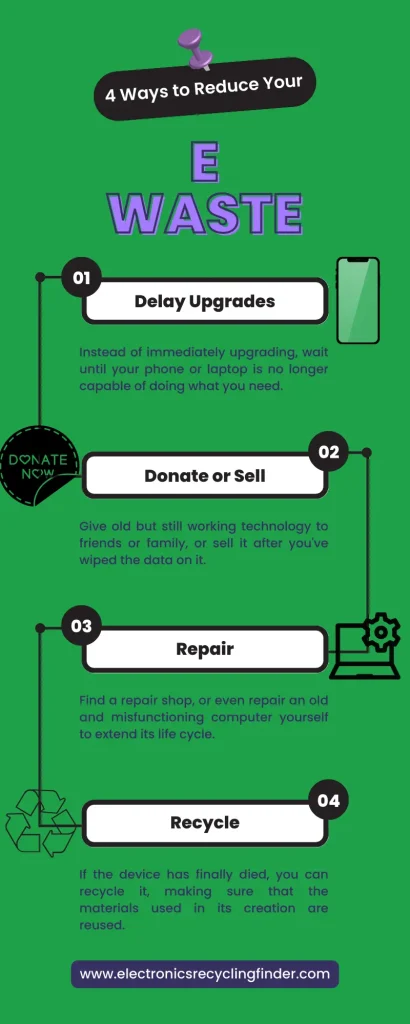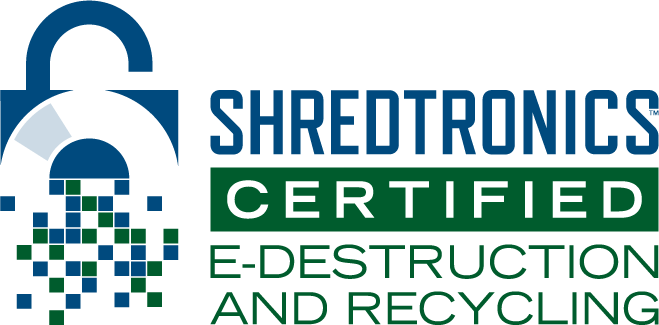
The world produces roughly 50 million tons of e-waste a year, and the number continues to grow. This waste generally falls into the toxic category, making its disposal more difficult than just tossing it into a landfill. However, a landfill somewhere is still where it often ends up. This creates significant ethical issues surrounding the disposal of e-waste.
How E-Waste Disposal Creates Ethical Issues
While shipping e-waste to poorer countries technically goes against the Basel Convention, which was signed by a number of countries, including the United States, the practice remains common. Countries will ship old or malfunctioning technology to poorer countries, often in West Africa or Southeast Asia.
Once the technology arrives there, it follows a few different paths, but it invariably ends up in large open-air landfills. The environmental and health effects are severe for those working and living around these landfills. Cancer, breathing issues, heart issues, and birth defects are incredibly common among the people living in the surrounding areas.
In addition, children and pregnant mothers are often conscripted into sorting through and taking apart the e-waste. This direct and constant exposure leads to even more detrimental health effects, often life-long ones.
How to Address the Ethical Issues of E-Waste

For someone just looking to get rid of an old phone or computer, it’s probably not something that you would think about. However, it is something you should think about, and the good news is that the solutions aren’t difficult.
A first good step in reducing your e-waste footprint is simply to use your devices longer. Instead of upgrading to a new iPhone or laptop immediately, you can use it as long as it works. While it might not be as flashy, it will help the environment and save you money as well.
Another option involves participating in the circular economy. If your device no longer works for your needs, but still works, you can give it to a friend or relative. You can also make some extra money by selling it, but if you go that route, you’ll want to make sure that all the data stored on the device gets wiped properly.
A third option to prolong the life of your technology is to repair it. While this may not be a practical option for a phone, it’s often more cost efficient and not too complicated for a computer. There are typically several computer repair shops in every major city, and they can repair or even upgrade your device. Instead of shipping it off to the dump, you’ll be able to enjoy a better functioning computer for a few years longer.
Unfortunately, there are times when technology simply stops working. In these cases, you still shouldn’t just throw it out. E-recycling continues to improve, and a certified recycler can recover close to 98% of the materials used to make whatever piece of technology you’re recycling. By recycling, you’re both reducing the need for new resources, and ensuring that your old technology doesn’t end up polluting the environment in a landfill.
Dispose of Your E-Waste Sustainably with ShredTronics
If your device is at the end of its life, ShredTronics can help. We partner with recyclers across the country who can dispose of your old device sustainably and securely. Give us a call at (844) 648-4908 or fill out the form on the page, and we’ll connect you with one of our recycling partners. They make it easy to recycle any old technology you might have.











